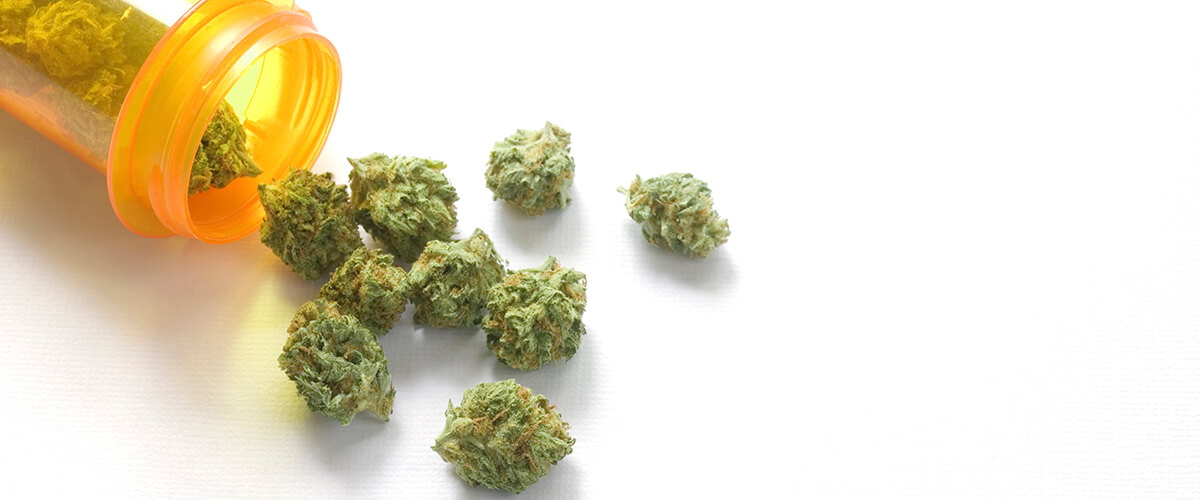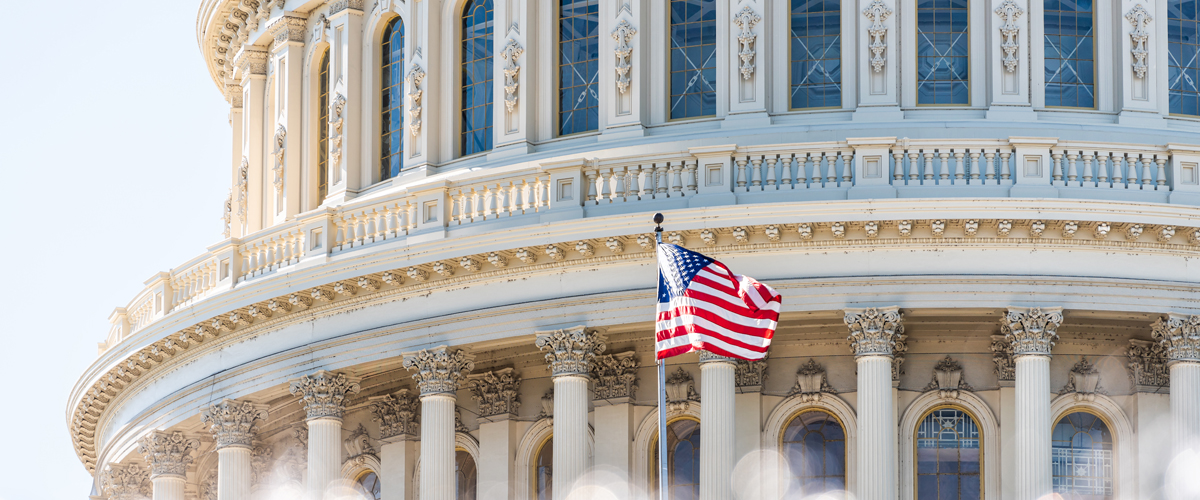The government shutdown is preventing farmers from growing hemp, and leaving the marijuana industry vulnerable to federal enforcement.
The government shutdown entered its 17th day on Monday, as negotiations between Donald Trump and Democrats over funding for a border wall remain at a standstill.
The shutdown has already impacted the nation’s legal cannabis industry. It has indefinitely paused the legal hemp industry because of closures at the Federal Bureau of Investigation (FBI) and the U.S. Department of Agriculture. It has also left state-legal medical marijuana patients and businesses susceptible to federal interference.
Learn more about how the government shutdown is hurting the United States cannabis industry below.
What a Government Shutdown Means for Hemp Farmers
Prior to the end of the year, Trump signed into law the 2018 Farm Bill to legalize the domestic growing of hemp. The monumental law change allows U.S. farmers to grow, process, and sell the plant commercially for the first time in decades.
Because of the government shutdown, however, farmers eager to start growing hemp will have to wait.
Several states, including Utah, Minnesota, and Pennsylvania, have passed provisions that require prospective hemp farmers to first pass a federal background check. With the government shut down, the FBI is not doing the background checks.
Additionally, until the U.S. Congress approves an appropriations bill and the federal government reopens for business, the U.S. Department of Agriculture is unable to approve state hemp program regulations.
“I don’t think too many farmers are going to be planting much before the April-May time period, so it’s not catastrophic,” Medical Marijuana, Inc. CEO Dr. Stuart Titus told Cannabis Business Times, “but certainly we’d like to get this year’s crop under way, and a very good, robust reception for the farmers who do choose to plant hemp.”

What a Government Shutdown Means for Medical Marijuana
The government shutdown also inadvertently leaves the nation’s legal medical cannabis industry vulnerable to federal enforcement.
Under federal law, marijuana is illegal and prohibited. However, 32 states have passed their own laws permitting the use of medical marijuana and 10 have also legalized recreational use. States have been able to get away with their own medical marijuana programs thanks to a crucial piece of legislation that prohibits the Justice department from spending funds to interfere with the implementation of state medical cannabis laws.
Since 2014, a spending bill rider – the Rohrabacher-Farr amendment — has protected state medical marijuana programs from federal intervention. That rider and its protections expired with the spending bill on December 22, and will not be renewed until a new bill is signed.
At the same time, the Justice Department and prosecutors remain operational. While the shutdown has placed roughly 380,000 federal workers on unpaid leave and required some 420,000 “essential” personnel to work without pay, the DOJ has a contingency plan in the event of a government shutdown that exempts many of its employees from furlough.
“Criminal litigation will continue without interruption as an activity essential to the safety of human life and the protection of property,” the DOJ contingency plan reads. U.S. attorneys are protected because they “are needed to address ongoing criminal matters and civil matters of urgency throughout the nation.”
Additionally, “All agents in DEA field organizations are excepted from furlough because they support active counternarcotics investigations,” the document says.
In short, medical marijuana protections have expired, but federal enforcement capabilities have not. This leaves medical marijuana patients and businesses vulnerable to a crackdown.
According to Tom Angell at Forbes, a provision to extend protections for state-legal medical marijuana was included in the 1,070-page bill the new House Democratic majority passed last week in their effort to end the ongoing shutdown.
However, Senate Majority Leader Mitch McConnell (R-KY) blasted the House bill as “a time-wasting act of political posturing” and argued it wouldn’t get the 60 votes needed to pass the Senate.
It’s impossible to say whether Acting Attorney General Matthew Whitaker, the DEA, or federal prosecutors intend to take advantage of the expiration of the medical marijuana protections rider. While they have not made any indication that they do, the possibility causes unease for cannabis patients and those in the medical marijuana industry.

Keep Up with Cannabis
Stay on top of the most important legal cannabis industry developments by regularly visiting the Medical Marijuana, Inc. news page and following us through Facebook and Twitter.






